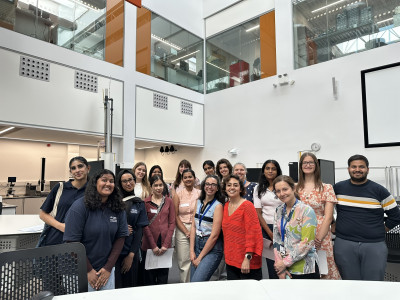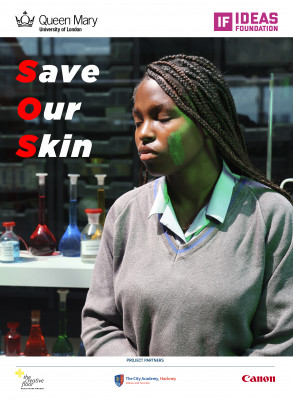Undergraduate Study

- Clearing 2025 - limited places available!
- Undergraduate Programmes
- Undergraduate Prospectus
- Student Stories
Welcome to the School of Engineering and Materials Science
The School of Engineering and Materials Science provides outstanding degree programmes coupled with internationally leading research which is reflected in all our undergraduate programmes. Our taught postgraduate programmes are similarly first class and provide students with a fantastic opportunity to engage with cutting-edge research in: Bioengineering, Intelligent Transport, Sustainable Engineering and Engineering and Materials Education. Our extensive industrial connections provide graduates with excellent employability in stimulating and well-paid careers.
Events and Seminars
 Wed 2 Jul 2025 Wed 2 Jul 202514:30 - 17:30 | Levelling Up Maths Showcase Event 'Making Diversity Count' |
 Thu 3 Jul 2025 Thu 3 Jul 202511:00 - 12:00 | Machine Learning Control for Engineering Dynamic Systems |
| Mon 7 - Tue 8 Jul 2025 | 16th International Workshop on Engineering of Functional Interfaces (EnFI2025) |
 Wed 23 Jul 2025 Wed 23 Jul 202515:00 - 16:00 | Bioengineering Research Seminar: Advancing cell and gene therapy via microfluidics - Prof Aram Chung, Korea University |
Recent publications
- Stochastic reconstruction of multiphase composite microstructures using statistics-encoded neural network for poro/micro-mechanical modelling
Fu J and Tan W
Computer Methods in Applied Mechanics and Engineering, Elsevier vol. 441
01-06-2025 - Response of shear thickening fluids to high velocity ballistic impact
Long S, Chen H, Yao X and Liu T
International Journal of Impact Engineering, Elsevier vol. 200
01-06-2025 - Programming the energy landscape of 3D-printed Kresling origami via crease geometry and viscosity
Mora S, Pugno NM and Misseroni D
Extreme Mechanics Letters, Elsevier vol. 77
01-06-2025













